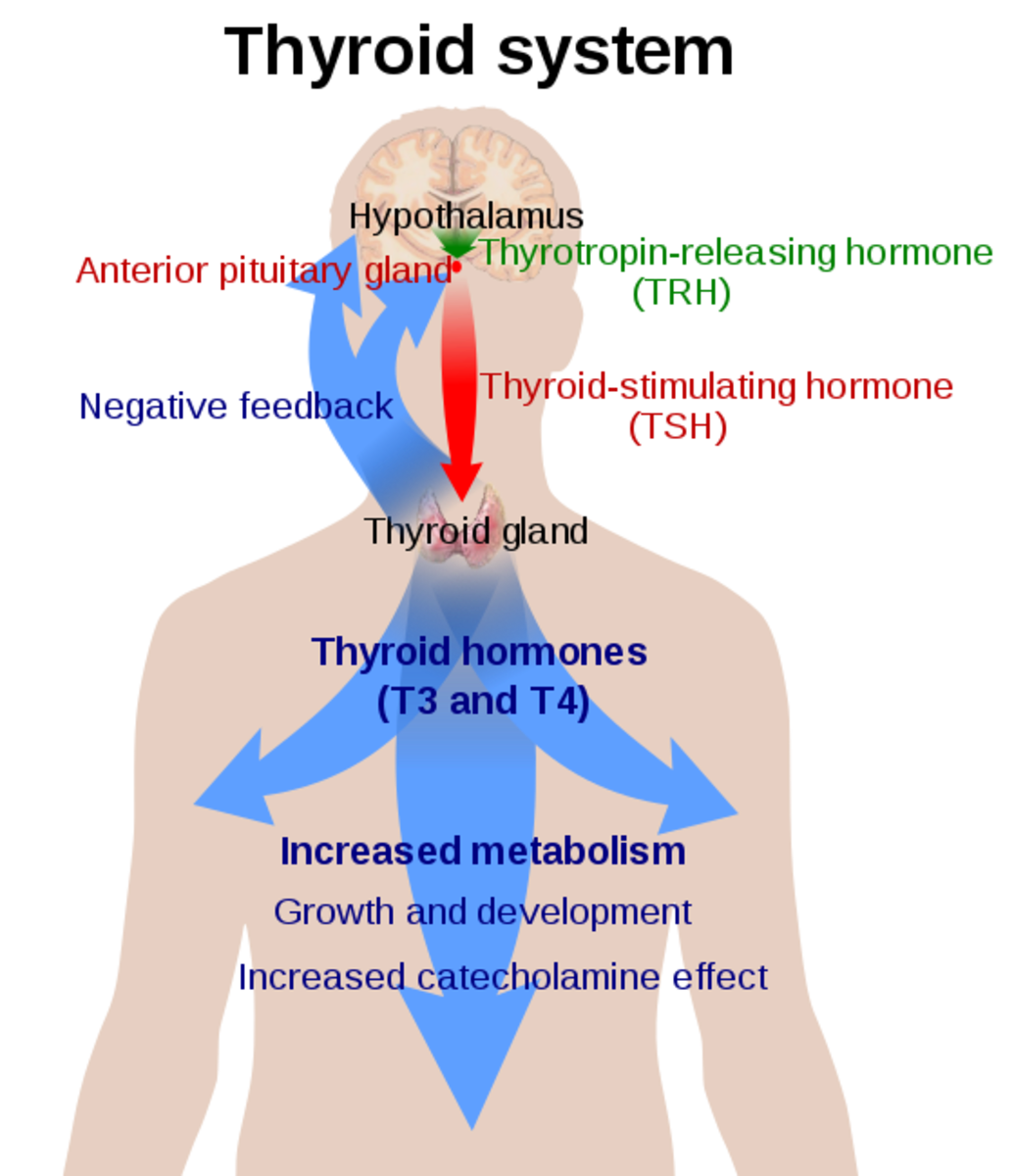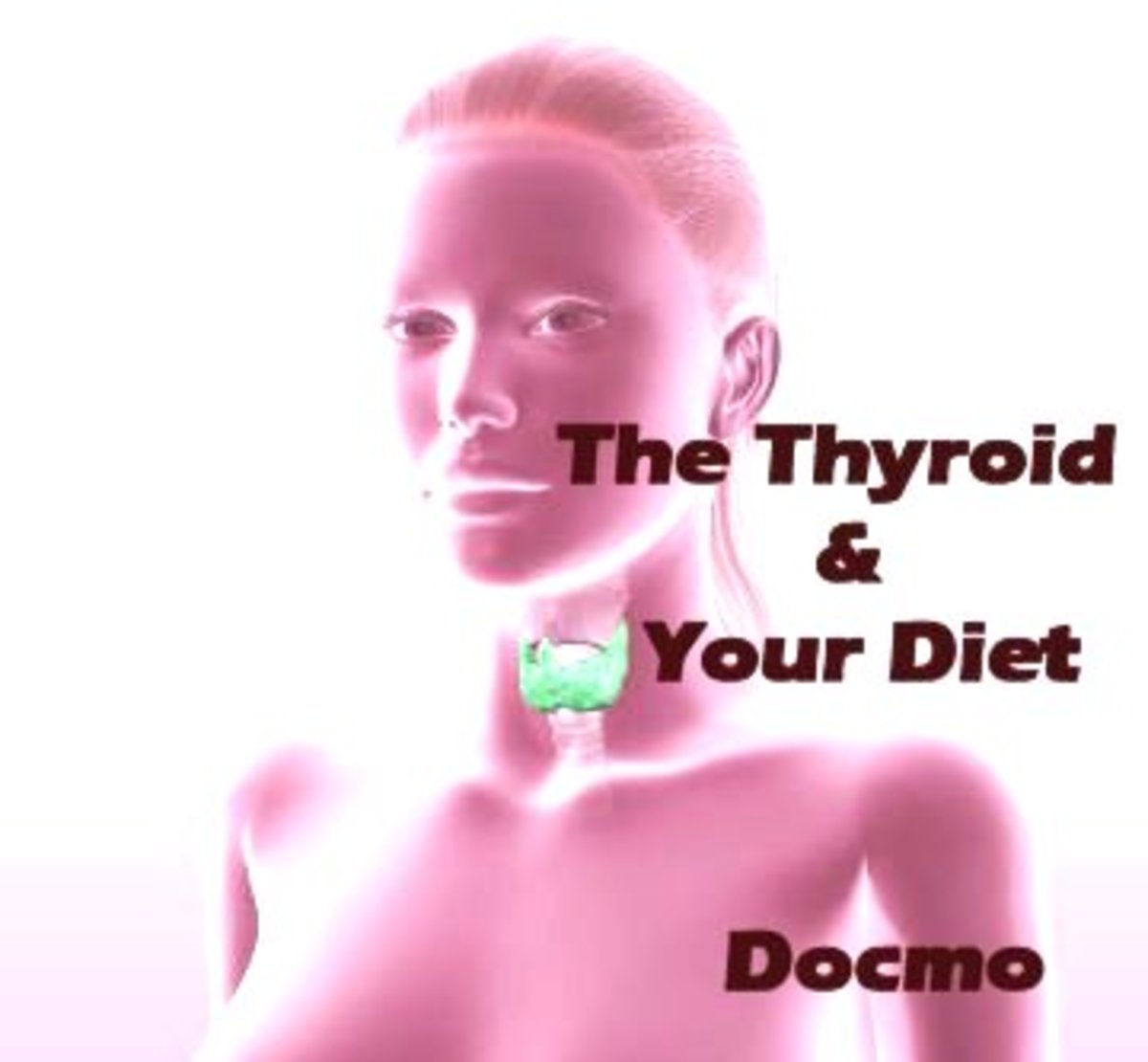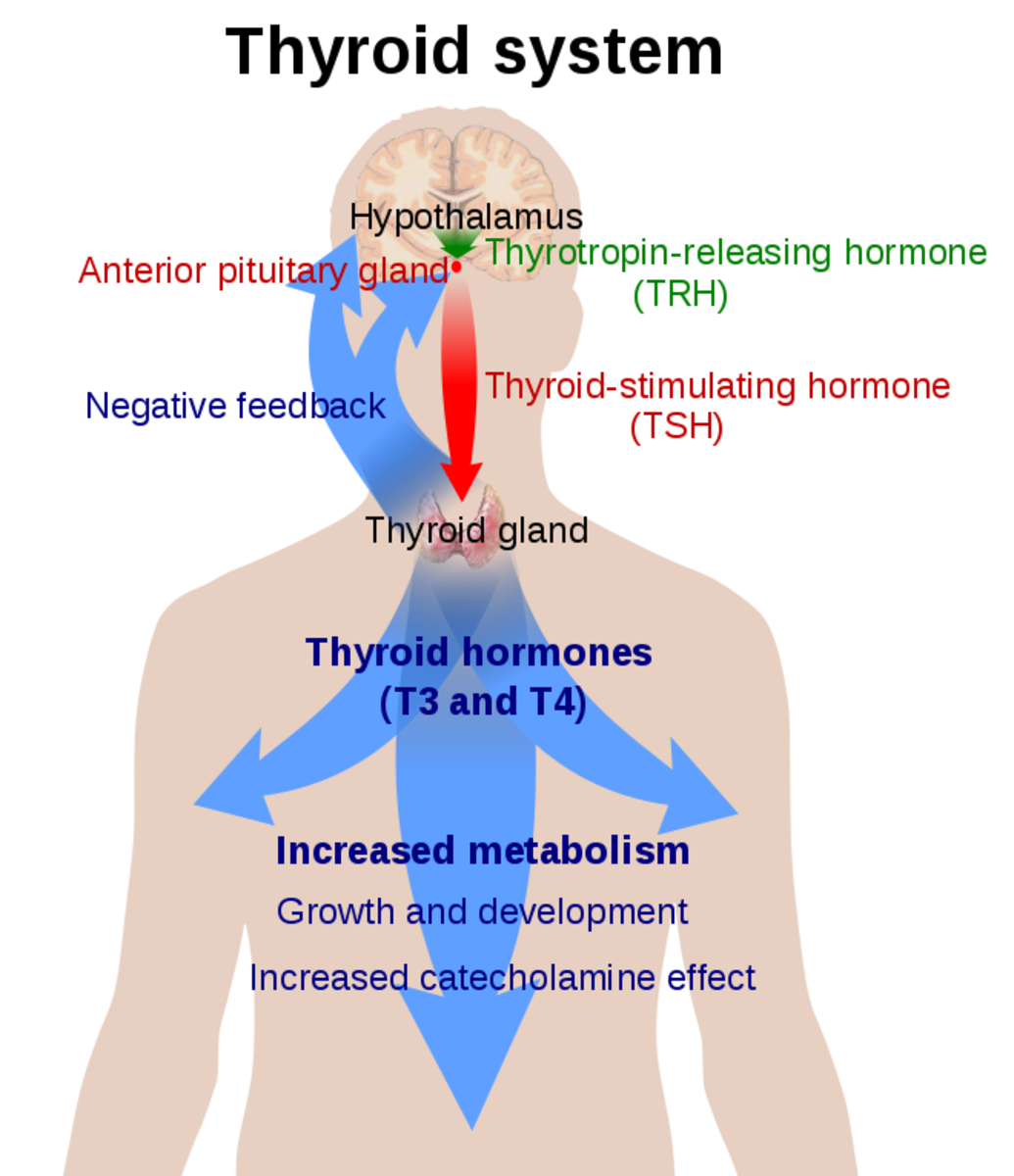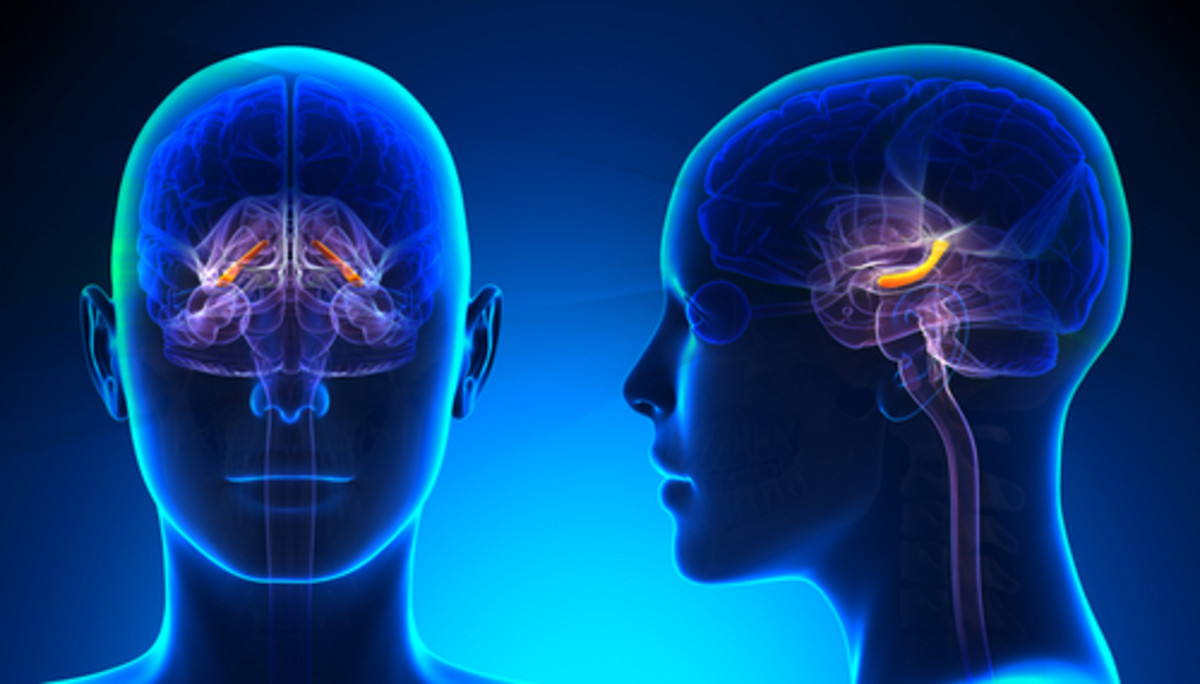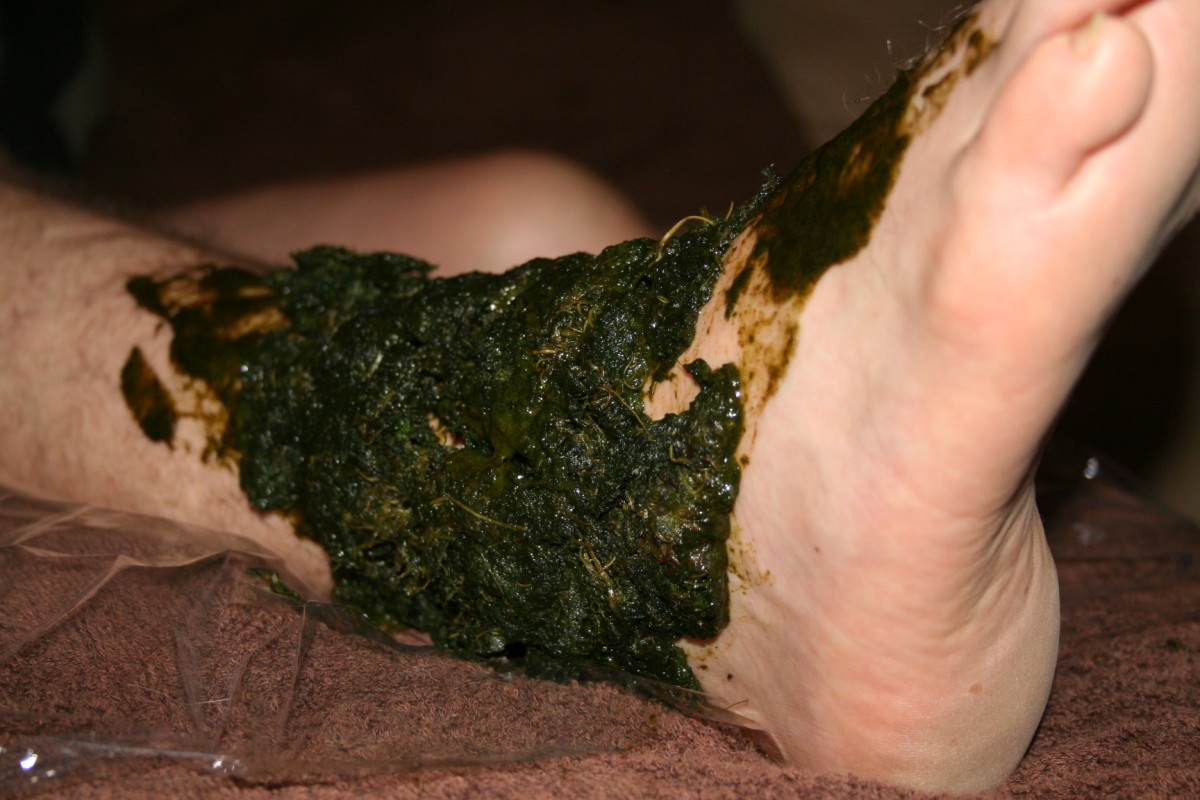Thyroid Assist Vs Thyax
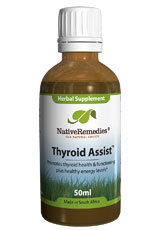
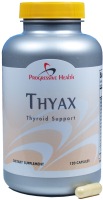
The thyroid gland, which is located in the neck, is responsible for the production of two important hormones. These hormones are T3 and T4 (triiodothyronine and thyroxine).
Both of these hormones are essential for maintaining metabolism in the body. Therefore, optimal production of these hormones means that the body receives all the energy it can.
There are two other hormones involved in the production of the thyroid hormones. These are the thyrotropin-releasing hormone (TRH) and the thyroid-stimulating hormone (TSH). Find out the optimal range for thyroid stimulating hormone.
TRH is produced in the hypothalamus of the brain. It is responsible for stimulating the pituitary gland to produce TSH. TSH, on the other hand, signals the thyroid gland to produce T3 and T4.
When the levels of the thyroid hormones are low, a medical condition called hypothyroidism results. Hyperthyroidism is the reverse of this. It occurs when there is a high level of circulating T3 and T4.
Hyperthyroidism is easily treated by drugs that reduce thyroid function and the production of thyroid hormones. To treat hypothyroidism, the thyroid must be stimulated to produce more thyroid hormones. This is usually done by increasing one’s iodine intake.
What is Hypothyroidism?
Hypothyroidism can be caused by a low level of either TRH or TSH.
When the production of TRH falls, the pituitary gland is not properly stimulated to produce adequate levels of TSH and so cannot properly signal the production of T3 and T4 in the thyroid. The hypothyroidism that results from inadequate TRH levels is called tertiary hypothyroidism.
Secondary hypothyroidism is caused by insufficient production of TSH while primary hypothyroidism is caused by low production of T3 and T4 even though both TSH and TRH are produced in sufficient quantities.
Primary hypothyroidism usually results from direct damage to the thyroid gland. Hashiomoto’s thyroiditis can cause primary hypothyroidism. Other causes of primary hypothyroidism include surgical damage to the thyroid gland, some medications and goiter caused by iodine deficiency.
Symptoms of hypothyroidism vary but the most common manifestations of this disease include chronic fatigue and weakness, weight gain or inability to lose weight, dry skin, hair loss, memory loss, decreased libido, low tolerance to cold, irritability, depression, muscle cramps and abnormal menstrual cycles.
Laboratory tests for diagnosing hypothyroidism usually measure the levels of TSH and T4 in the body. However, these tests can miss hypothyroidism entirely. This is because the normal range for thyroid hormones varies from one individual to another.
In addition, subclinical hypothyroidism, which is caused by excess intake of iodine, can fool the tests.
Because of these reasons, symptoms are a better measure of determining when to treat hypothyroidism.
2 Natural Solutions for Hypothyroidism:
1) Thyroid Assist
Thyroid Assist is an oral supplement made from 3 herbal remedies that have been proven to promote thyroid health and stimulate the production of thyroid hormones. It is recommended for the treatment of hypothyroidism.
Thyroid Assist is an all-natural formulation which treats hypothyroidism with botanicals. The active ingredients of this thyroid medication are Bladderwrack (Fucus vesiculosis) or kelp, green oats (Avena sativa) and Makandi (Coleus forskohlii).
Bladderwrack: It is a sea vegetable which is also called kelp. Kelps are the best natural sources of iodine. It is estimated that kelp contains 1,000 more iodine than the seawater in which it grows. This concentrated iodine in kelp is available in the useful iodide form, and it can be expressed from the sea vegetable.
Because kelp grows in the shallow waters, it is found around coastal areas. This means that it is subject to pollutants and can be contaminated by mercury, lead, sewage and other toxic materials.
However, the kelp used in Thyroid Assist is sourced from unpolluted waters then properly screened for contaminants and toxins.
Kelp adequately supplies the iodine needed to improve thyroid functioning. It also speeds up metabolism and can promote weight loss. Iodine is also an inorganic antioxidant that can help remove harmful free radicals from blood cells.
Green oats: This extract is obtained from the wild oat plant. It is used in traditional medicine as a tonic for improving metabolism and making more energy available for use.
Green oats also contain diverse phytochemicals including saponins, alkaloids, flavonoids, carotene, plant sterols, Vitamins B1, B2, D and E as well as essential minerals.
Makandi: This is a popular Ayuverdic remedy. Recent researches have shown the benefits of this plant extract in treating thyroid dysfunction. It contains forskolin which has been shown to increase the production of thyroid hormones.
Thyroid Assist is sold as a concentrated tincture of these herbal remedies. This all-natural preparation contains no animal products, gluten, artificial flavors, colors or preservatives. Its ingredients are sourced from high-quality plant materials and tested in the FDA-approved laboratory for safety.
Thyroid Assist is recommended for adults and children who are 12 years or older. To take it, remove 15 drops with the included dropper and add to a small amount of water, milk or juice. This diluted solution is to be drunk and repeated 3 times daily for 3 – 6 weeks.
Thyroid Assist is not recommended for those with overactive thyroid glands, low blood pressure and peptic ulcers. It should also be avoid during pregnancy and breastfeeding since its safety for pregnant and lactating women is not well studied.
2) Thyax Review
Thyax is a thyroid supplement used to treat hypothyroidism. It is a powerhouse of essential nutrients that can help improve thyroid balance and metabolic processes. Because it contains nutritional supplements, Thyax is safe to use and produce very few side effects.
This all-natural thyroid supplement is formulated to stimulate underactive thyroid glands. In this way, it can increase metabolism and effectively treat hypothyroidism. Since Thyax contains nutritional supplements, it can be combined with other medications prescribed for hypothyroidism.
Nutritional supplements used in Thyax included vitamins (B1, B2, B3, B5, B6, folic acid and B12), amino acids (L-tyrosine and L-phenylalanine) and minerals (zinc, selenium, copper, magnesium, manganese, molybdenum and iodine).
The functional benefits of these classes of nutrients are explained below.
Vitamins
The symptoms of the different deficiencies of Vitamin B complex overlap with the symptoms of hypothyroidism. Therefore, some experts believe that the B vitamins contribute to the function of the thyroid gland.
The B vitamins are essential for general metabolism. They can also improve energy production and contribute to the optimal functioning of the nervous system. Therefore, they can help correct some of the symptoms of hypothyroidism such as irritability, depression, weakness and fatigue.
Furthermore, the B vitamins can lower the plasma levels of homocysteine, an amino acid believed to contribute to heart disease.
People suffering from hypothyroidism usually have elevated levels of this amino acid. Therefore Vitamin B supplementation can help prevent cardiovascular side effects of abnormal thyroid functioning.
Amino Acids
The thyroid hormones are produced in the body from iodine and the amino acid, tyrosine. Therefore, increasing the blood level of tyrosine can help increase the production of these hormones and improve thyroid functioning.
In fact, a deficiency of tyrosine is associated with hypothyroidism. Hypothyroidism is also linked to a deficiency of phenylalanine since the amino acid is precursor to tyrosine. So, phenylalanine is involved in the chain of biochemical reactions that leads to the production of thyroid hormones.
Therefore, including both amino acids in the supplement is a good way to increase the production of thyroid hormones.
Minerals
Zinc has been shown to be necessary for the production of thyroid hormones. It most likely functions as a catalyst in the syntheses of these hormones. Zinc supplements do improve thyroid function and are effective for treating subclinical hypothyroidism.
Selenium, when it binds with proteins, is needed during the syntheses of thyroid hormones and for the conversion of T4 to the more active T3. Selenium is especially recommended where hypothyroidism is caused by a deficiency of the mineral as well as iodine.
Copper, manganese and molybdenum are trace elements in the body. However, the symptoms caused by their deficiencies can worsen hypothyroidism.
Iodine
The iodine included in Thyax is obtained from the seaweed, kelp. Kelp is the richest natural source of iodine and it contains the essential mineral in the iodide form.
Iodine is central to the optimal functioning of the thyroid gland because it is incorporated in thyroid hormones. Therefore, most cases of hypothyroidism respond to iodine supplementation.
Thyax is sold in the capsule form. To treat hypothyroidism, two capsules of the medication should be taken in the morning and another two in the evening. The supplement should be taken for 60 days before its efficacy can be determined.
Thyroid Assist or Thyax: Which is Better?
Both Thyax and Thyroid Assist are effective medications to treat hypothyroidism. Both of them are made from natural ingredients which are safe to use, obtained by verifiable good sources and produced according to the highest pharmaceutical manufacturing standards.
Between the two natural alternatives to conventional thyroid drugs, Thyax produces the least side effects.
Since botanicals are included in Thyroid Assist, there is a good chance that the herbal extracts will interact with any other medication that a hypothyroidism patient is also taking. Thyax, on the other hand, only contains nutritional supplements which are regularly ingested in our diets.
While Thyroid Assist focuses mainly on improving thyroid functions, Thyax can achieve that and also improve general health as well as correct most of the undiagnosed underlying causes of hormonal imbalance and thyroid dysfunction.
Furthermore, Thyax can be used by everyone while Thyroid Assist is not recommended for pregnant and breastfeeding women as well as patients who are also suffering from hypotension, peptic ulcers and overactive thyroid glands.
However, the choice of which thyroid medication to use will depend on each buyer. Both medications work well for hypothyroidism even though Thyax may provide additional benefits.

